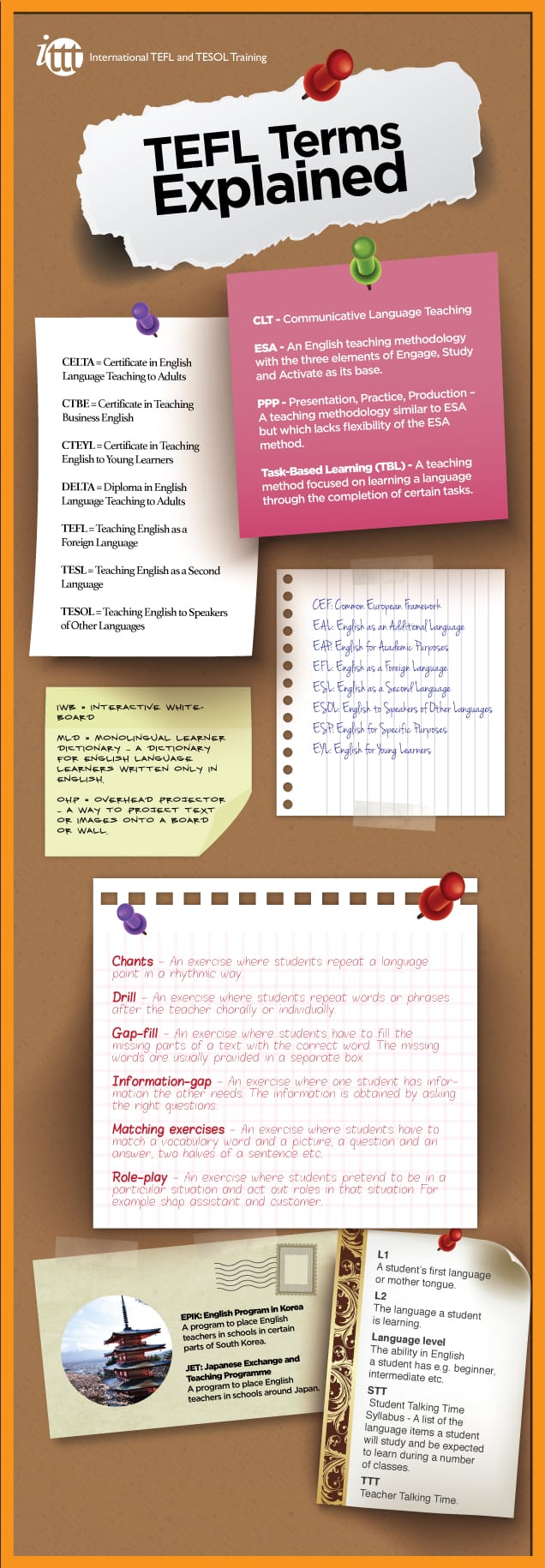What does TESOL certification mean?
First, let's unpack the TESOL acronym. TESOL means Teaching English to Speakers of Other Languages. It refers to the act of teaching English to non-native speakers. While TESOL is technically meant for teaching scenarios in English-speaking countries, it has been universally adopted to describe English language instruction in any setting. Additionally, TESOL is a term that encapsulates the teacher training programs and the certifications that aspiring teachers pursue. This certification is designed to meet the requirements set by most global employers seeking qualified English teachers.
However, when applying for English teaching positions, many applicants might present a TEFL certificate instead of a TESOL. It is essential to understand that TESOL and TEFL, while having different acronyms, essentially represent the same qualification, and their respective courses are identical in content. The only difference is in the naming: some institutions label their certificates as "TESOL," while others use "TEFL." TEFL, which stands for Teaching English as a Foreign Language, is a term meant for situations where English is taught in a country where it isn't the primary language. In the grand scheme of English language teaching, both TESOL and TEFL terms are often used interchangeably by professionals and institutions alike.
TESOL and TEFL certification
As highlighted earlier, English language teaching certifications can be categorized primarily into TESOL or TEFL. Your choice of certification often depends on where you plan to teach. In English-speaking nations such as the USA, Canada, and Australia, a TESOL certification is often more recognized. On the other hand, if you are looking to teach in countries where English isn't the primary language, a TEFL certificate might be more relevant.
The best course of action is to research prospective job opportunities in your target locations and determine the preferences of potential employers. Additionally, checking the official immigration website of the country you are interested in can offer clarity regarding the required qualifications for work permits or visas.
However, if your plans shift and you decide to teach in different regions, rest assured, both TESOL and TEFL certifications are universally accepted and are valuable credentials regardless of where you choose to teach.
Register now & get certified to teach english abroad!






